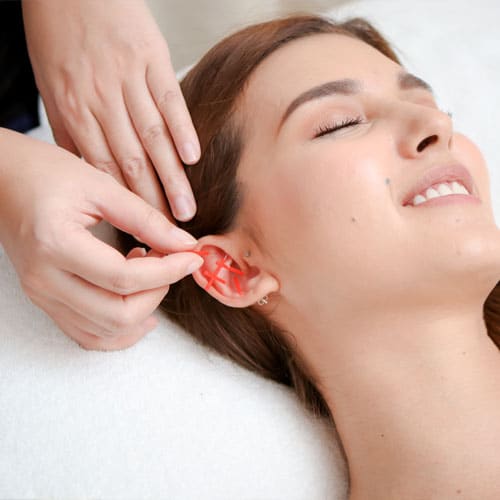By Lori Fiester, Clinical Director of the Center for Recovering Families
As the last week wound down and settled, my staff and I made it through the trials and tribulations of integrating telehealth into our services. The reward – we are able to connect with our clients, see their faces, continue the work prior to this pandemic and offer assistance with this struggle. Most clients’ response was similar, “This got real!” Along with this response, most were grateful to get back to their recovery groups and have a safe place to talk. Reality appears to have shifted throughout everyone’s life. We all have been significantly impacted one way or another, and maintaining community seems harder than ever.

Change and the unknown can bring fear and anxiety. Some feel resistance to the change, which can increase such feelings. Another feeling common among our clients is grief. Not only from seeing the daily news and how this pandemic has killed thousands, but how the disruption of our daily routine magnifies all the little things we ordinarily do without a thought. Clients have expressed grief about their connections being disrupted or lost, friend/family becoming sick, employment threats or lay-offs, and how isolation compounds their feelings.
Isolation is one of the worst possible positions someone who is struggling with sobriety can be in, yet here we are.
Mandated to shelter in place. Isolation in any addiction or compulsive behavior is that ‘ism’s’ best friend. It causes us to think negatively, erroneously, and mostly disengage from the connection we most want and need. It can cause us to turn on ourselves, only to fill with self-loathing. As clinicians, our efforts are aimed at assisting our clients to navigate these changes by maintaining community in the chaos.
The technology that has often led to disconnection is now assisting us in the recovery community to connect with telehealth, online meetings, and online activities like yoga or meditation. While many are working from home, there are many others that are not working at all, and thus have even less connection to the world and more time on their hands. We are encouraging all our clients to reach out and connect, so the isolation can be lessened. Isolation, often the most troublesome of characteristics in this disease, now feels like it’s quadrupled.
And while there are a lot of unknowns, what is known is that we need each other.
We cannot do this alone. As human beings, we aren’t wired that way, which is very similar to those in the recovery community trying to stay sober…. we all need the help of another. Today we need connection even more, even if it’s six feet apart and no more than 10 people at a time. Maintaining community in recovery is key. Another known is that the feelings of fear, anxiety, grief or any other feeling will become more manageable if we allow them in. If we can feel the feelings and allow them to move through, they will leave. Often we resist because the feelings overwhelm us, which causes suffering and more times than not, the feelings will come out sideways in unwanted behaviors. Another known is that we are in this together. If this is happening to you, help is just a phone call away.
So, together we need to support one another to stay home and stay safe. We must continue our lives in recovery by maintaining community through attending online meetings, virtual classes, calling or video chatting with our sponsor, and if any of that hasn’t been attempted, it’s time now more than ever.
Please visit The Council on Recovery’s remote resource page, as well as participate in our daily meditation offerings. If not now, when?
If you or your loved one needs assistance, please do not hesitated to contact the Council. We are here, ready and able to help in any way we can.

